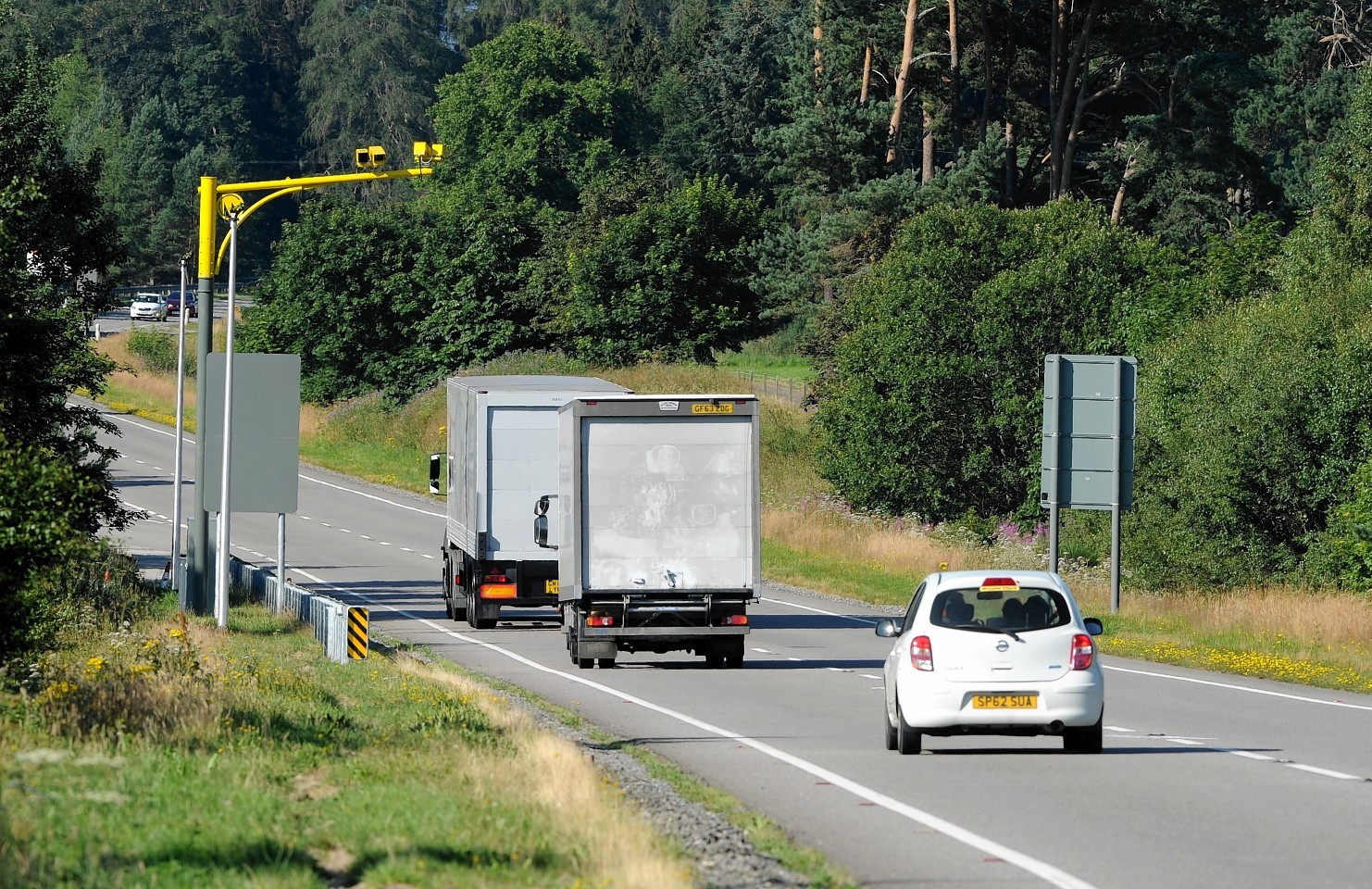First ScotRail has said it may increase the number of carriages on the Highland line if a backlash against average-speed cameras on the A9 creates more demand for rail travel.
The company said it was constantly monitoring the route and would react accordingly if more people indicated they wanted to take the train from Inverness to travel south.
The controversial average-speed camera system, aimed at improving safety on the road between the Highland capital and Perth, is due to go live on October 28.
Mike Burns, of the A9 Average Speed Cameras Are Not The Answer campaign group, which has nearly 10,000 supporters, claims the devices will not stop dangerous driving will cause more frustration and congestion.
The Foyers-based IT worker said he knew of people who worked in Inverness who had already decided not to use the A9 for day trips to Glasgow and Edinburgh after the camera switch-on because they already found their journeys “intolerable”.
It is up to Transport Scotland to decide whether capacity on rail routes across the country should be changed.
A spokeswoman for ScotRail said: “All services, including those between Inverness and the central belt, are continually monitored.
“When required, capacity is reviewed accordingly.”
Meanwhile, two Highland MSPs have urged the Scottish Government to scrap plans to dual the A9 between Inverness and Perth.
Independents Jean Urquhart and John Finnie think the £3billion earmarked for the project should be spent improving the Highland mainline.
They argue shifting freight from the roads to the railways would reduce driver frustration and road accidents.
A Transport Scotland spokeswoman said: “We and ScotRail monitor capacity on the railways on a regular basis to identify any changes in capacity needs.
“Instances of excessive speeding on the A9 have dropped from around one in ten to less than one in seven hundred since the cameras were installed.
“There has been no significant effect on journey times as a result of more people driving within the speed limit.
“In a recent survey, 78% of drivers who use the A9 road said they believed average-speed cameras were ‘effective’ or ‘very effective’ in improving road safety.”
